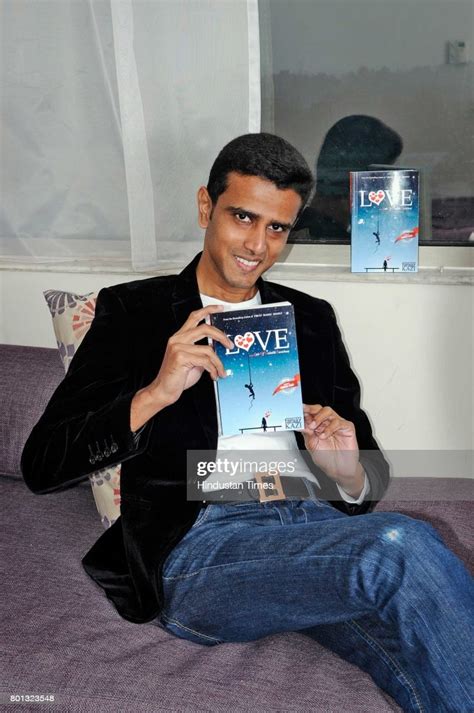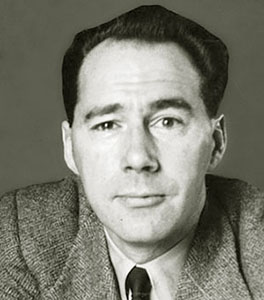A Quote by Alfred Lord Tennyson
The folly of all follies is to be love sick for a shadow.
Related Quotes
I thought the most beautiful thing in the world must be shadow, the million moving shapes and cul-de-sacs of shadow. There was shadow in bureau drawers and closets and suitcases, and shadow under houses and trees and stones, and shadow at the back of people's eyes and smiles, and shadow, miles and miles and miles of it, on the night side of the earth.
Jung first gave us the term ‘shadow’ to refer to those parts of our personality that have been rejected out of fear, ignorance, shame, or lack of love. His basic notion of the shadow was simple: ‘the shadow is the person you would rather not be.’ He believed that integrating the shadow would have a profound impact, enabling us to rediscover a deeper source of our own spiritual life. ‘To do this,’ Jung said, ‘we are obliged to struggle with evil, confront the shadow, to integrate the devil. There is no other choice.’
Once you become more and more watchful of your inner workings things become simple. Then a few things have to be dropped. One has not to be jealous if one wants to be loving. It becomes so clear that there is no question about it; one can simply see the point that if you are jealous, love is impossible. Jealousy is bound to create misery. Jealousy is part of ego, the shadow of the ego, the shadow of a shadow - and love needs egolessness. They can't go together, they can't co-exist.






































